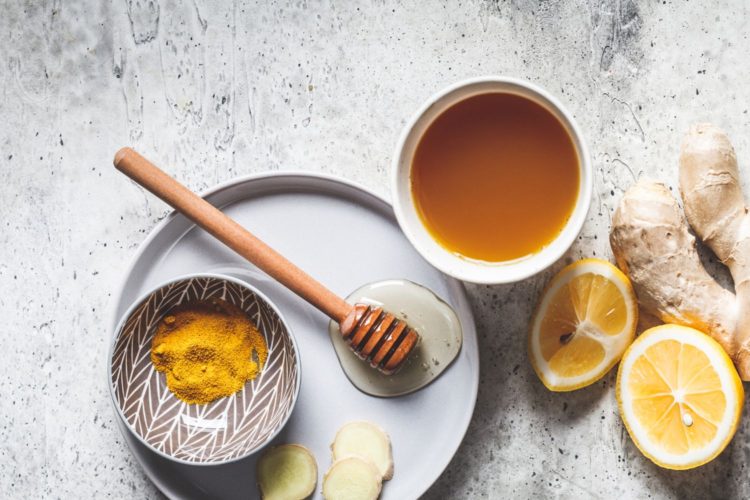The nights are still long and the mornings still slow and cold. We are at the leading edge of winter, moving deeper into its restorative womb over the next few months. Nature continues to draw her energies deeper inside and down into the roots. This inward pull is necessary for all of nature, a precious time to restore and reconnect to our essential healing strengths. In Ayurvedic philosophy, this is the season of kapha, dominated by the elements of water and earth. Its overall qualities are cold, wet, slow, dark, and heavy. This can lead to stagnation, respiratory issues, mood disorders (seasonal affective disorder, or SAD, is prevalent in the northern latitudes), and fatigue. These issues tend to be exacerbated when we continue to push, strive, and overexert ourselves.
Winter is the time to turn inward, get more rest, and slow down from the pace of summer and fall. It’s a time to hibernate, reflect, vision, and hold space for all the seeds you are planting for the new year. It’s also a time to deeply tend to our inner selves, the relationships most important to us, and a time to harness and tend the energy that will be needed in the year to come.
According to Ayurveda, we want to bring balance to these overarching energies of winter; we want to bring more warmth, gentle stimulation, and light into our lives. This is why adopting seasonal routines and diets help us adapt to our environments. When we change our diets as the seasons change what is available to us, we consciously sync with our environments. We can gently coax our bodies back into equilibrium through our daily food and drink intake.
Winter is the season that gives us the strongest digestion and inner fire to transform heavier foods and the experiences of the past year. Our bodies require more food to stay warm and to keep our immunity strong through the season. From an Ayurvedic perspective, we want to pacify kapha without aggravating either pitta (fire) or vata (air) dosha.
In general, we want to focus on warm, nourishing, and easy-to-digest foods, using plenty of culinary spices to aid digestion. Avoid cold drinks and foods as much as possible, and sip warming herbal teas throughout the day. The recipes in this winter guide are Ayurvedic-inspired and use seasonal produce available in most farmer’s markets and stores.
Lemon Ginger Turmeric Tea (Single Serving)
This tea is excellent for boosting immunity, thinning mucus and phlegm, while supporting the digestive system in the winter months. Lemon is high in antioxidants, while ginger aids digestion and reduces fevers. Both ingredients awaken the mind. Turmeric helps to reduce inflammation, gently support the liver and gallbladder, and is good for the skin. Local honey has been shown to build immunity and reduce seasonal allergies.
Ingredients
- 1 tsp lemon juice
- 1 inch piece ginger, peeled and grated or ¼ teaspoon powdered ginger
- 1 inch piece of turmeric, peeled and grated or ¼ teaspoon powdered turmeric
- 1 tsp local honey
- 2 cups boiled water
Directions
Bring the water to boil while you grate or measure out the ginger and turmeric. Place the ginger and turmeric in a clean glass jar or measuring cup. Pour the boiled water over the ginger and turmeric, cover, and let steep for 8-10 minutes. Strain the tea into a heat safe mug. Add lemon and honey, stirring in well. Sip and enjoy!














